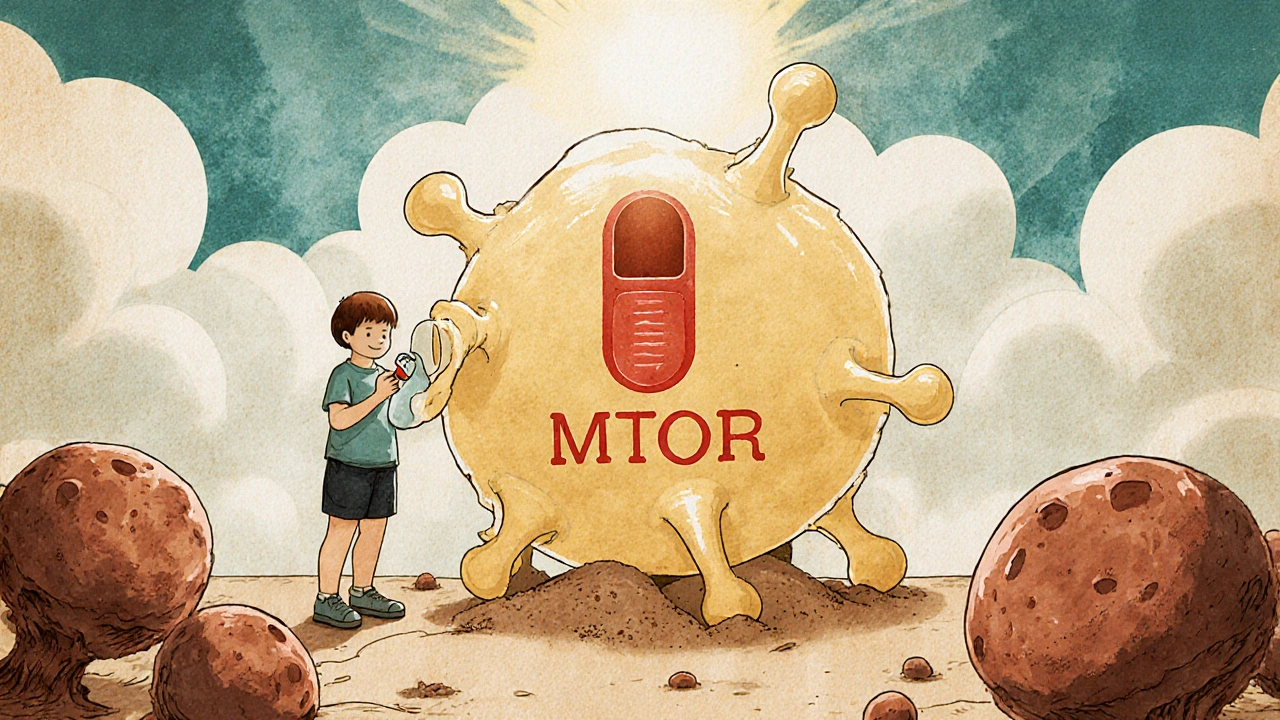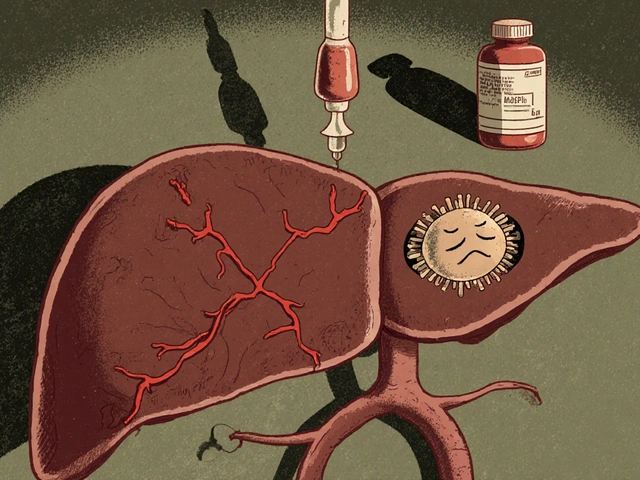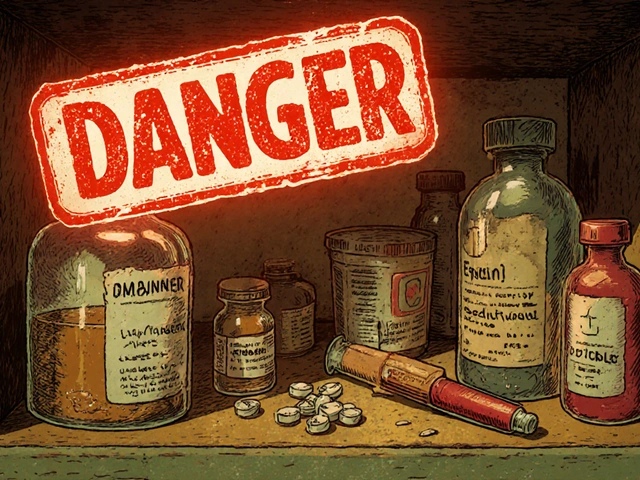Tuberous Sclerosis: Causes, Symptoms, and Treatment Options
When you hear tuberous sclerosis, a genetic disorder that causes benign tumors to grow in multiple organs, including the brain, skin, kidneys, and heart. Also known as TSC, it affects about 1 in 6,000 people and often shows up in childhood. This isn’t just a skin condition or a rare brain disorder—it’s a whole-body issue that can trigger seizures, developmental delays, and kidney problems if not managed early.
Tuberous sclerosis encompasses a set of symptoms that vary wildly from person to person. One child might have a few harmless skin spots and no other issues, while another could struggle with frequent seizures, autism-like behaviors, or kidney tumors that need surgery. The root cause? Mutations in either the TSC1 or TSC2 gene. These genes normally keep cell growth in check. When they’re broken, cells multiply out of control, forming tumors called hamartomas. These aren’t cancerous, but they still disrupt how organs work. And because these tumors can form in the brain, seizures are one of the most common and serious signs—up to 85% of people with TSC experience them, often starting in infancy.
That’s why managing tuberous sclerosis, a multisystem genetic disorder linked to abnormal cell growth and neurological complications means watching more than just the brain. Kidney tumors (angiomyolipomas) can bleed or grow large enough to require treatment. Heart tumors (rhabdomyomas) often shrink on their own after birth but need monitoring. Skin changes—like white patches, facial angiofibromas, or shagreen patches—are visible clues that help doctors diagnose it early. And because TSC often runs in families, genetic testing isn’t just helpful—it’s critical for relatives who might carry the gene.
Thankfully, treatment has improved a lot in the last decade. Medications like mTOR inhibitors, a class of drugs that block the overactive cell growth pathway in TSC—such as everolimus and sirolimus—are now used to shrink tumors in the brain, kidneys, and lungs. These aren’t cures, but they can stop progression and reduce the need for surgery. For seizures that don’t respond to standard drugs, doctors may recommend special diets, nerve stimulators, or even brain surgery in severe cases. And because behavioral issues like autism or ADHD are common, early therapy and support make a huge difference in quality of life.
What you’ll find in the posts below isn’t a textbook on genetics. It’s real-world guidance: how to recognize early signs, what medications actually help, how to handle seizures at school or work, and what supplements or lifestyle changes might support treatment without interfering. You’ll see comparisons between seizure meds, tips for managing side effects, and even how to talk to family members about genetic risks. This isn’t theoretical—it’s what people with TSC and their caregivers are using every day to stay ahead of the condition.

Everolimus: How This Drug Is Changing Outcomes for Rare Disease Patients
Everolimus is transforming care for rare diseases like tuberous sclerosis and LAM by targeting abnormal cell growth. It shrinks tumors, improves lung function, and offers hope where few options existed.
Read More




